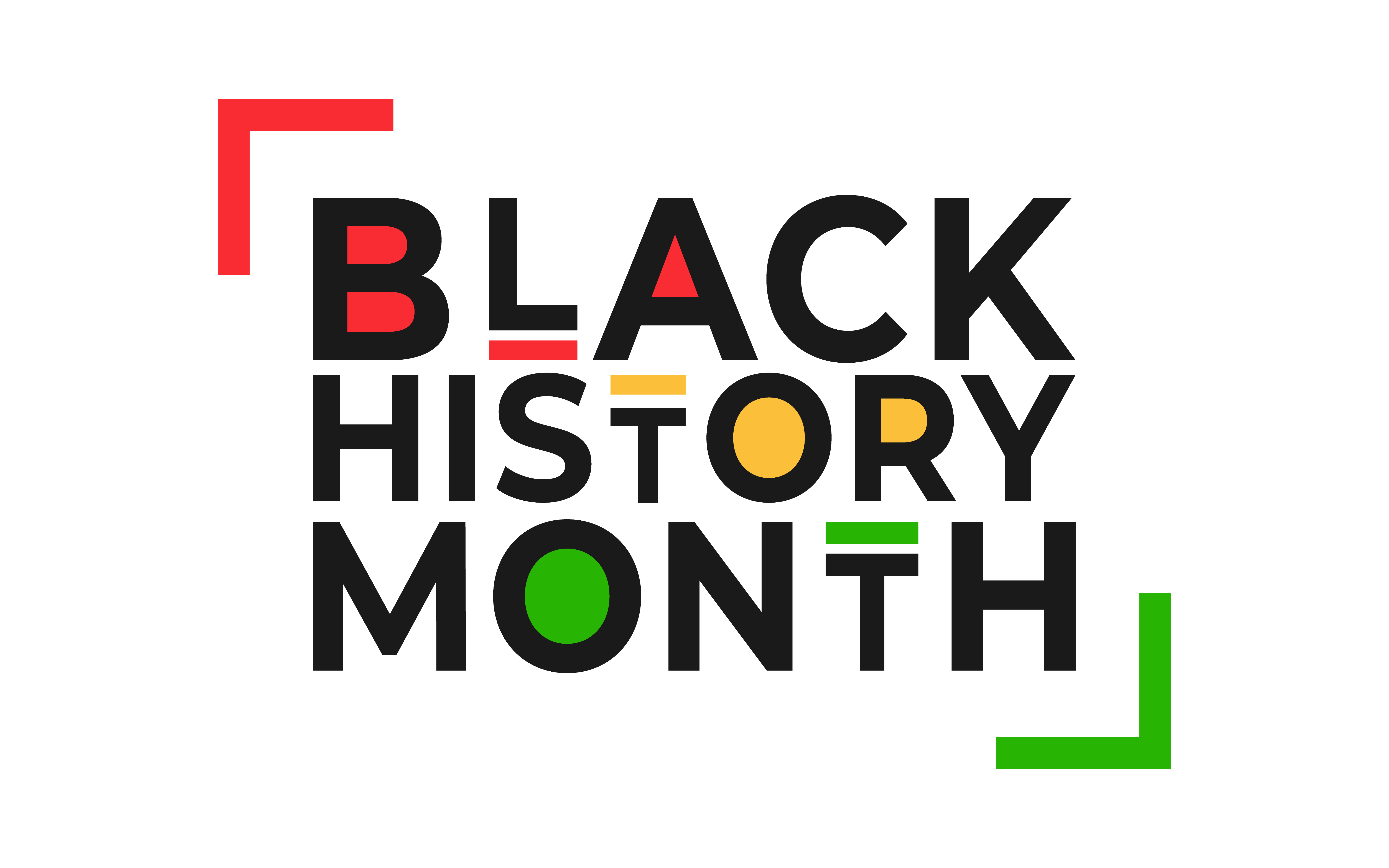
Black History Month is celebrated in many schools by conducting just one assembly. The problem with this is that the celebration is not sustained throughout the month. Moreover, the history element is often neglected. We can use this month to build upon evidential thinking, historical scholarship, historical argument and sense of period.
Some people do not believe in celebrating Black History Month as it can perpetuate the idea of separatism and tokenism. However, rather than debating this, I’d simply like to share some practical teaching and learning ideas. I believe if something should be celebrated it should be celebrated well.
Five ideas for celebrating Black History Month
1. Independent month-long projects
Through the month of October, set your students a home-based project, with a prize for the best work. You could also use the winning project as the basis for an assembly in the last week of October. Here are some ideas for projects:
-
Become a museum curator. Get students to create their own museum exhibition or collection on ancient Africa. Assign them a set of historical objects related to African kingdoms, such as Ancient Benin. They should find out the story behind the objects (how did they get to the museum?) and then select 3-5 to build a collection, explaining the reasons for their choices. Which objects should be given back to Benin and why? Students can easily find the information behind the objects in the Africa Galleries at The British Museum’s online collection.
-
Create an edition of The Historian. Students become writers and editors of their own magazine on medieval African kingdoms, drawing parallels to medieval life in England. Does ancient Africa really deserve the title of ‘Dark Continent?’ They can find the information for this using African Kingdoms, a free online e-book.
- Create a textbook. Students create their own textbook pages, for example focusing on black presence and contribution in their local area through time. Alternatively, they could transform the key points from a black historian’s book into a children’s mini textbook.
2. Booklets of extracts from black historians
If one of your departmental priorities is to build a reading culture, create a booklet of extracts of black historians or writers, so that students can critically engage with their writing. You could include four historians in the booklet and students could complete a guided reading task for each week of October. The booklet could include questions such as:
- What is X’s view on Y?
- How do you know?
- How did X assert this claim?
3. Research the history behind black history in the UK
How did Black History Month in the UK come to be? As students research this, they will be able to see the significance of the month for themselves. Get students to produce an infographic as a home-based project around this research.
Stretch task: Should black history only be written by black historians? Students can practise building historical claims/arguments.
4. Choose one theme
Select one theme for the month – it's about quality, not quantity. Themes to consider:
- Black contributions in British wars.
- Black presence through time in your local area.
- Black British activists – get students to choose activists from the black cultural archives collection and make fact files or portrait boards on them.
- Black royals.
- African kingdoms and/or Caribbean islands – see the Lost Kingdoms of Africa series for ideas.
- Black Power – focusing on black people in positions of power in the UK.
- History of the black cultural archives (mission, collections, work, key people, impact).
- African empires, e.g. Mali empire, Songhai empire (drawing parallels with European empires).
5. Exploring oral history
Oral history is a form of West African oral tradition. It is the recording, preservation and interpretation of historical information, based on the storyteller's personal experiences. Oral histories are rich, complex tools of storytelling, which contain fine details of ancestry and ancestral experiences.
These oral narratives are important modes of transmitting knowledge, especially as they bring alive histories that are not present in archives, books and other forms of literary tradition. Western academia often excluded the complexity of African oral tradition as a construct of history.
Get students to answer a big question on black experiences using oral histories. They should be able to answer the following question: Is there a valid form of historical construction? Resources to draw on:
- African oral histories – Historical Society of Pennsylvania
- Oral history collections within the South African History Archive and the AFAS oral history project – Washington University of St Louis
- The griot’s tale – Quartz Africa
In conclusion
Notice that I have not mentioned African American civil rights or slavery. Similarly, just because you may have covered the Windrush does not mean you have provided a rich form of black history.
I also want to make you aware that there is a difference between Caribbean and African history. Even in 'African' history, there are so many diverse histories. Just as we would not usually call ourselves Europeans, the same is true for Nigerians, Somalians etc. Although we cannot teach everything, pointing students to the complex diversity within Africa would be a great place to start.
Download the ideas from this article as free resource in Word or PDF format: Five ideas for celebrating Black History Month.
